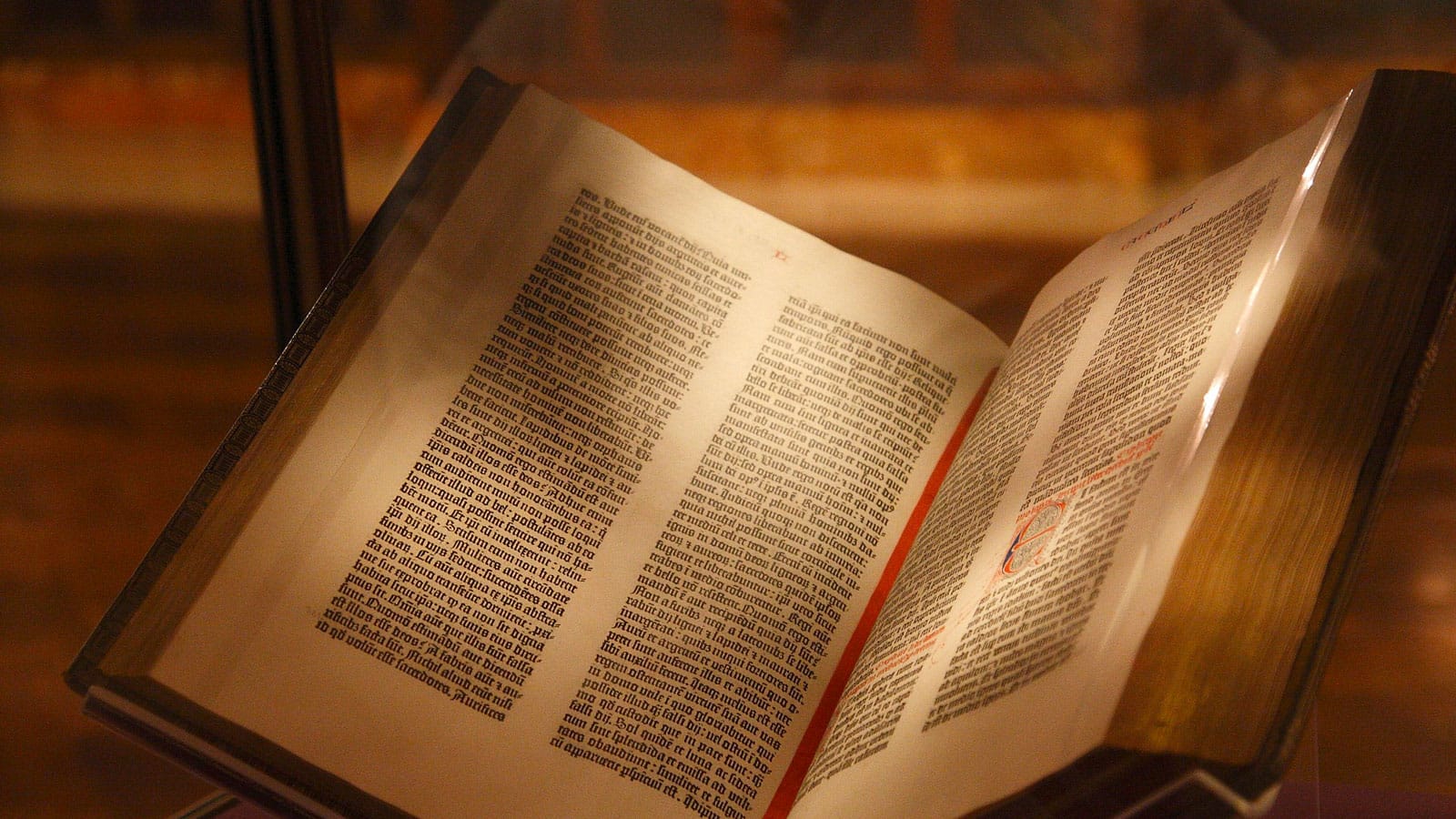 Screenshot: YouTube
Today: John Saward, a writer based in Chicago; and editor and journalist Maria Bustillos.
Issue No. 196The Sage of Long Island
John Saward Readers: Raise Hell
Maria Bustillos
The Sage of Long IslandDue partly to some yearning for back home, the smoldering and curious wreckage of Aaron Rodgers’s season, and an irresistibly joyous Mets run, I have been listening to Mike Francesa again, the gleaming, bronzed former pontiff of WFAN Radio’s midday slot. He has a podcast now that premieres live on YouTube. Here, a recent sampling. The Jets? “I’ve always said, they could screw up a one-car funeral. The Jets are worse than that. They brought in an all-time quarterback—got him hurt the first year, and then killed his legacy. The first year they only maimed him, the second year they killed his legacy.” The Dodgers: “can pound ’em from pillar to post.” How might it feel to be a Mets fan after they beat the Phillies? Francesca quotes an old Marquette basketball coach who died 23 years ago. He speaks in a set of dusty idioms and mystifyingly irrelevant asides about John Calipari, who he knows very well of cawse, hacked up and stretched down the block, all of it delivered in a Long Island accent that sounds like that of a man about to give you a slightly illicit tip on a racehorse. He spent a portion of his Week 9 NFL preview show just reciting the Indianapolis Colts’ entire schedule, week by week, not for any reason that was clear to me besides “sometimes they’re in close games.” His shows can be like an old man standing at the window, staring out at a gray sky and announcing that it looks like it might rain. He sighs, he groans, he aborts sentences halfway through, he asks rhetorical questions and then he answers them, because sometimes being the host of your own show is not enough, you must also be its co-host. He makes a sound scanning some woeful team’s record in road games that is like a father finding out his son was arrested. Is it bad? Is it good? Is this even entertainment? I’m never quite sure. Francesca is instead something like a New York tribe elder, keeper of all the chokejobs and meltdowns, the grim lore, the bums made heroes, the anxieties and arrogances of my people, and when it is this time of year, when there are two quarterbacks adrift in the same town and both baseball teams briefly headed for each other, listening to him feels like hearing the Ronettes in December. There was a time when so many radio whackos sounded at least a little like Francesca. The smugness and molten monologues, the thick regional accents. But some hideous other thing has taken their place. The antiseptic First Take roundtable, everything overlit and radioactively caffeinated, the contrived friction and the peppy chatter from 8:00 a.m. till around midnight, when Scott Van Pelt brahs and my mans his way through bad gambling beats on a set that looks like a space shuttle. Stephen A. Smith contorting his face and throttling his vocal register to some pretend-appalled level in audition for a meme you’re already sick of. But with Francesa there is no clammy striving, no McNuggety YouTube shorts about whether Kevin Durant is running from the grind. The fake-thinky Xs and Os content and the bloodless front office mindzone that considers sports an economics riddle to be solved by ex-finance criminals don’t really exist in Francesca’s world. Instead there are gut instincts, nostalgia, and sneering disdain for just about everything else. There are no commercials and there are no guests; sometimes, begrudgingly, he will answer e-mailed questions from listeners. There are long stretches of dead air. He is like a shipwrecked man on an island chatting on a shortwave radio, not so a plane might come find him, but because dryly reminiscing about Al Leiter is the one way he knows how to express himself to the world. This is all he knows how to do with his time. There is no real incentive for Francesca to be broadcasting anymore; he is already a rich man and a Very Esteemed Long Islander. He has retired and come back and retired again, he has made on-air contract demands and demeaned his own networks, he has made so many grand exits and so many re-entrances. And now he is in this sort of twilit pseudo-retirement, a show that is not really a podcast and not really a live show, just these 28 minute instant reactions, no callers, but still delivered in a tone like someone out there in Massapequa has said something ridiculous. He is like a war correspondent sending dispatches to us back home, every day, sometimes multiple times in a day in separate videos; ships come in, soldiers march out, a beleaguered bullpen tried to patch together the last three innings of a championship series, and a few short months from now a new season will be on the horizon, bringing with it all its attritions and glories. All the minutiae and transactions are worth dissecting because professional sports leagues and franchises exist as something like governments and empires to Mike Francesca, and all their myths and miseries as something like romance. He is, for all his pompous guarantees about third-down playcalling and bullpen usage, in this for the plain love of the game. Not the sports themselves, which he often seems to find tedious, but this arrangement where he is the one you’ve chosen to divine the hidden magics of these sports. He is a man who loves to be right, but who loves even more that this thing exists that is worth being right about. Sports are harrowing, they are beautiful, but before that they are dependable. So he is just a man in his house now, in the wee hours, after someone has won or lost, in a tone that is a mix of helicopter traffic reporter and tarot card reader, ridiculing Woody Johnson’s latest thirsty stunt and reminding everyone he’s neva been the biggest Gerrit Cole believuh, uhkay? To him, sports are a little like church and a little like the weather—sometimes it’s nice to believe in a higher power, sometimes it’s nice to just watch the rain.
FLAMING HYDRA’S SWORD OF JUSTICEDon’t miss Tom Scocca’s blistering essay at Indignity regarding the culpability of those who allowed the calamity to take place, over and over again.
Readers: Raise Hell Joshua Keller [CC BY 2.0] via Wikimedia Commons The following is adapted for publication from a talk delivered at the Internet Archive in San Francisco on October 23, 2024.
I became a writer for the chance to be a part of a literary tradition many centuries old, a literary tradition protected by libraries. I make money by my writing, but I don’t want money that comes at the expense of the values that made me a writer in the first place. Libraries made me a writer. Libraries are my home. That’s why I am so deeply opposed to the recent ruling in favor of four megapublishers against the Internet Archive. The Copyright Act is meant to protect society first and profits second, but the appeals court got it backwards. The judges failed to protect society; they chose to protect business instead. In recent days we’ve seen, in an even more troubling example of the mercenary nature of our times, how wealth has taken over almost everything, everything of real value, every good thing. But let me tell you something. All is not lost. If the courts can’t be trusted to secure the future of libraries—and right now it seems they can’t—then it falls to people with conscience, and brains, and a sense of history, to rise up to protect libraries. That’s our task now. I’ve been so lucky to see, in my lifetime, a whole new dimension of global understanding come into being on the internet. Suddenly any person could contribute useful and beautiful insights, writing, art, and images in a vast commons of sharing. The staggering immensity of human imagination and intelligence rose into view on the internet, and that has been a glorious thing, to live in the vivid light of that changed world. But that new light produced new shadows. Repressive forces saw the power of what we are building together, and they are for real trying to smash it, as we saw in the recent cyberattacks against the Internet Archive, the devastating attack on the British Library, attacks on school libraries and academic libraries, book bannings—and all these things are connected, they are strikes against freedom of information, against the soul of inquiry, imagination, study. The attacks may be about to get exponentially worse. These malign forces want to control our past, and thereby control our future. But we can’t let that happen, we cannot. We’ve got to fight it. Two big tasks lie ahead. The first is fighting for legislative protections, to undo the damage recently done by the courts. And second: As the Internet Archive's Brewster Kahle has often said, libraries must—MUST—continue to own, preserve, and lend their own books. Anything less would mean that libraries would be reduced to mere customer service centers for business interests that can take our books away from us anytime they want. Which: no. Writers can choose to sell our ebooks permanently to libraries, without licenses, just as if they were paper books. We’re working on this at Brick House/Flaming Hydra. Our BRIET Bookmarket is already offering thousands of quality ebooks for sale, to libraries, for keeps. I’m very proud to be working on these projects with friends at the Internet Archive, Library Futures, the Authors Alliance, and many other organizations. Readers, please. RAISE HELL. Demand that your community’s libraries stay libraries and own their own ebooks, not just rent them from publishers. Writers: RAISE. HELL. Let’s work together to make sure that libraries stay libraries, the owners of their own books, in all media, whether print or digital. The Copyright Act says that as a writer I’m allowed exclusive rights in my work, for a limited time. After that, my work belongs to everyone, and I hope it will remain useful in years to come. That’s the future I am fighting for: one in which my work might live on in libraries, in any media, digital or paper, and protected by librarians for as close to forever as we can get.
Flaming. Hydra. Read. Share. Subscribe. donate.
|